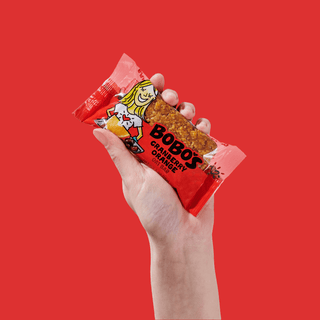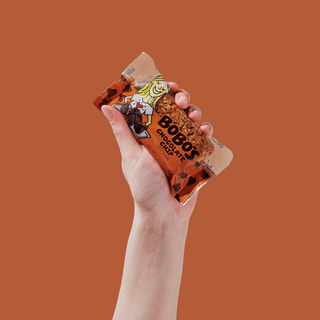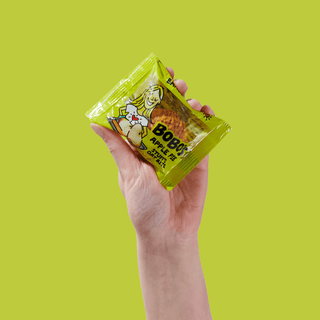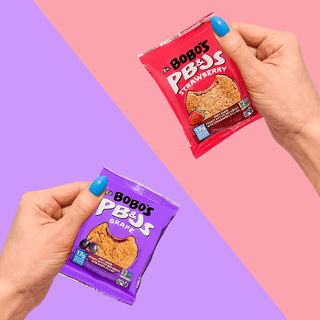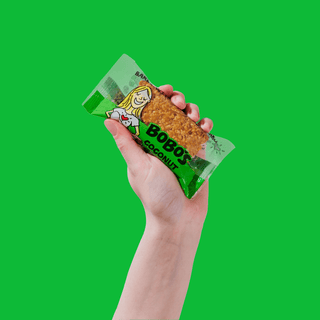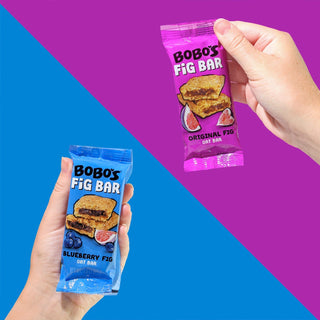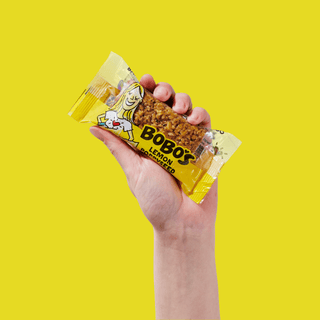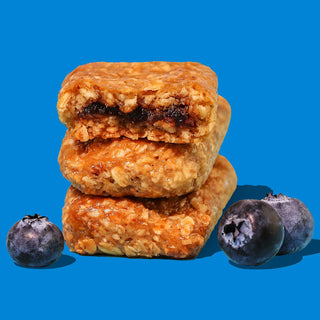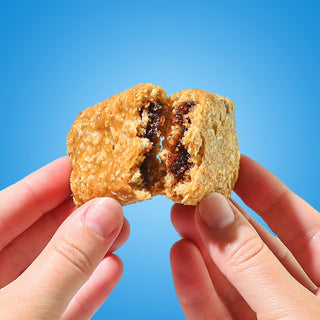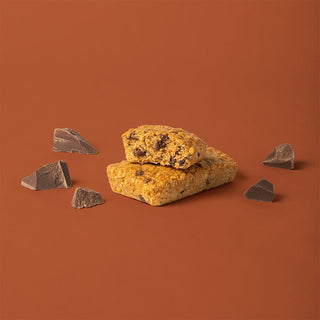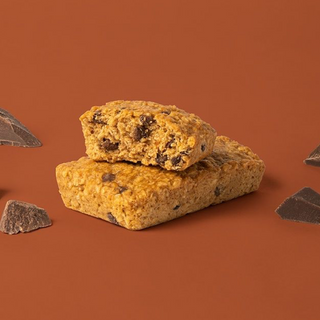Made with:
By Emma Caplan-Fisher
Whether you're baking your favorite pie or cooking an exotic new dish, at some point you might ask yourself, can you substitute honey for sugar? Honey can definitely be substituted for sugar in many things. While it's slightly complicated, as honey offers different flavor profiles and equal amounts of honey and sugar will differ in sweetness, it's easy to do once you know how and know what to consider.
Keep reading to understand the general rules of thumb for cooking with honey instead of sugar, what each substance contains and how they can impact your health, how flavors come into play, and more.
General rules of thumb for cooking
It's easier than you might think to cook with honey, as it can be swapped into any recipe that calls for sugar (including white sugar, brown sugar, maple syrup, and corn syrup).
It's easier than you might think to cook with honey, as it can be swapped into any recipe that calls for sugar (including white sugar, brown sugar, maple syrup, and corn syrup).
Here are some good rules of thumb to keep in mind:
1. Use 1/2-2/3 cup honey for every 1 cup sugar. Honey is much sweeter than refined sugar (as it's mostly made from fructose), so make sure to substitute less honey than you would sugar.
2. Stir often and adjust the temperature. Since honey burns faster than granulated sugar, keep a close watch when heating it, stirring often, and lower the oven temperature by about 25°F.
3. Reduce the liquid by 1/4 cup for every cup of honey. Honey automatically adds liquid to whatever you're making, so you'll need to compensate by reducing the amount of liquid you're using in other ingredients.
4. Add baking powder to cut the acidity. Honey is naturally a bit acidic, so add about 1/8-1/4 teaspoon per cup of honey to make it milder and balance out the flavor. This will apply to most recipes.
5. Grease your cooking or baking tools so the honey doesn't stick. Honey is naturally very sticky, which can make it difficult to work with. Adding a bit of oil or shortening to your kitchen utensils and tools can make the process smoother.
Is honey healthier than sugar?
While honey is often touted as healthier than sugar, and it does come with some micronutrients and requires processing, the question of is honey good for you isn't automatically yes. Don't assume honey is always the healthier choice, as any added sugars come with pitfalls and are best consumed moderately. For example, both honey and sugar can raise our blood sugar levels and are high in calories and carbohydrates, plus honey is sweeter and more caloric than sugar.
Deciphering which is healthier all depends on how each is used and in what quantities. Here are some pros and cons of each to help you see for yourself.
| Pros | Cons |
|
Honey |
Honey |
|
+ Takes less honey than sugar to get a comparable amount of sweetness, as honey contains more fructose than glucose (and fructose is sweeter than glucose) + Contains trace* nutrients, plant compounds/polyphenols, and antioxidants such as flavonoids and phenolic acids (particularly in dark varieties) — this varies by the origin of nectar used and can include local pollen amino acids, enzymes, vitamins, and minerals + Less processed than refined sugar + Raw honey may help to relieve allergies |
- Slightly more calories per serving (about 64) than table sugar/sucrose (about 50) - Mostly comprised of sugar, which can contribute to cavities and the risk of heart disease, type 2 diabetes, and obesity if consumed in high amounts - May not be safe for children under one year (risk of life-threatening infant botulism) |
|
Sugar |
Sugar |
|
+ Naturally occurring (derived from sugarcane, sugar beet, and other plants) + Fewer calories per serving (about 50) than honey (about 64) + Lasts a while + Usually easy to find and cheap to buy |
- Highly processed to get it to its edible form - No added nutrients in table sugar (brown sugar may contain trace* minerals) - Can cause cavities and contribute to the risk of heart disease, type 2 diabetes, and obesity if consumed in high amounts - Can cause gut bacteria changes that can create health issues like inflammation |
* Most people usually don’t consume enough for it to be a significant source of vitamins and/or minerals.
How much sugar is in honey?
Raw honey contains about 40% fructose and 30% glucose, though the precise quantities differ by type of honey and how it's made. These uneven amounts mean the sugars can't bond to create sucrose completely (as in table sugar). Because of this and the fact that honey contains things besides sugar (unlike table sugar), honey is lower down on the glycemic index and therefore raises our blood sugar levels slower than table sugar.
That being said, honey contains more sugar than table sugar (about 17 grams vs 12.5 grams per tablespoon, respectively). The reason for the discrepancy is that nutritional information lists ingredients by weight, and honey is denser than sugar. However, this generally balances out since you don't need as much honey as you do sugar to get the same sweetness level.
Is honey better than sugar for flavoring?
Honey isn't necessarily better or worse than sugar for flavoring. Since each type of honey is distinct in its color and flavor, the key is understanding what it brings to a dish and choosing the right type of honey to best bring out the desired flavor.
At the end of the day, it all comes down to personal taste and preference, though, so it never hurts to try out different types of honey and see what you like best in different recipes.
How honey substituted for sugar can change the flavor
Honey comes in many different flavors and colors, each with a unique profile and character. When you substitute honey for sugar, you'll want to keep this in mind as these specific flavors and notes will impact the taste of your finished product. It's the same principle when choosing brown, yellow, or white sugar — you would use each for different purposes and in different recipes.
For example, buckwheat honey is a dark honey with a strong, malty, molasses taste, while fireweed honey is almost clear with notes of tea. Dark honey like buckwheat can overpower other ingredients in your recipe or turn your batter pretty dark. On the other hand, a honey like fireweed or alfalfa is more versatile and works well in everyday recipes like banana bread.
Can I replace sugar with honey for weight loss?
Honey contains more calories than table sugar and is mostly comprised of sugar. While it's less processed and contains micronutrients, it can still contribute to weight gain if over-consumed, like sugar. The health risks are the same for having too much of either ingredient, including heart disease, obesity, and type 2 diabetes.
If you're looking to cut down on your sugar intake, low-sugar snacks are a great option. For inspiration, you can always try some Bobo’s products with 10g of sugar or less.
When else might you substitute honey for sugar?
Besides substituting honey for sugar in baking and cooking, you might like it in drinks. For example, it can be added to tea or coffee. Or, on warmer days, you can stir up a batch of homemade iced tea sweetened with honey.
Like sugar, honey will add some sweetness, but it will also offer a different flavor to drinks. It can be a nice refreshing change to try something new in your regular daily routine.

